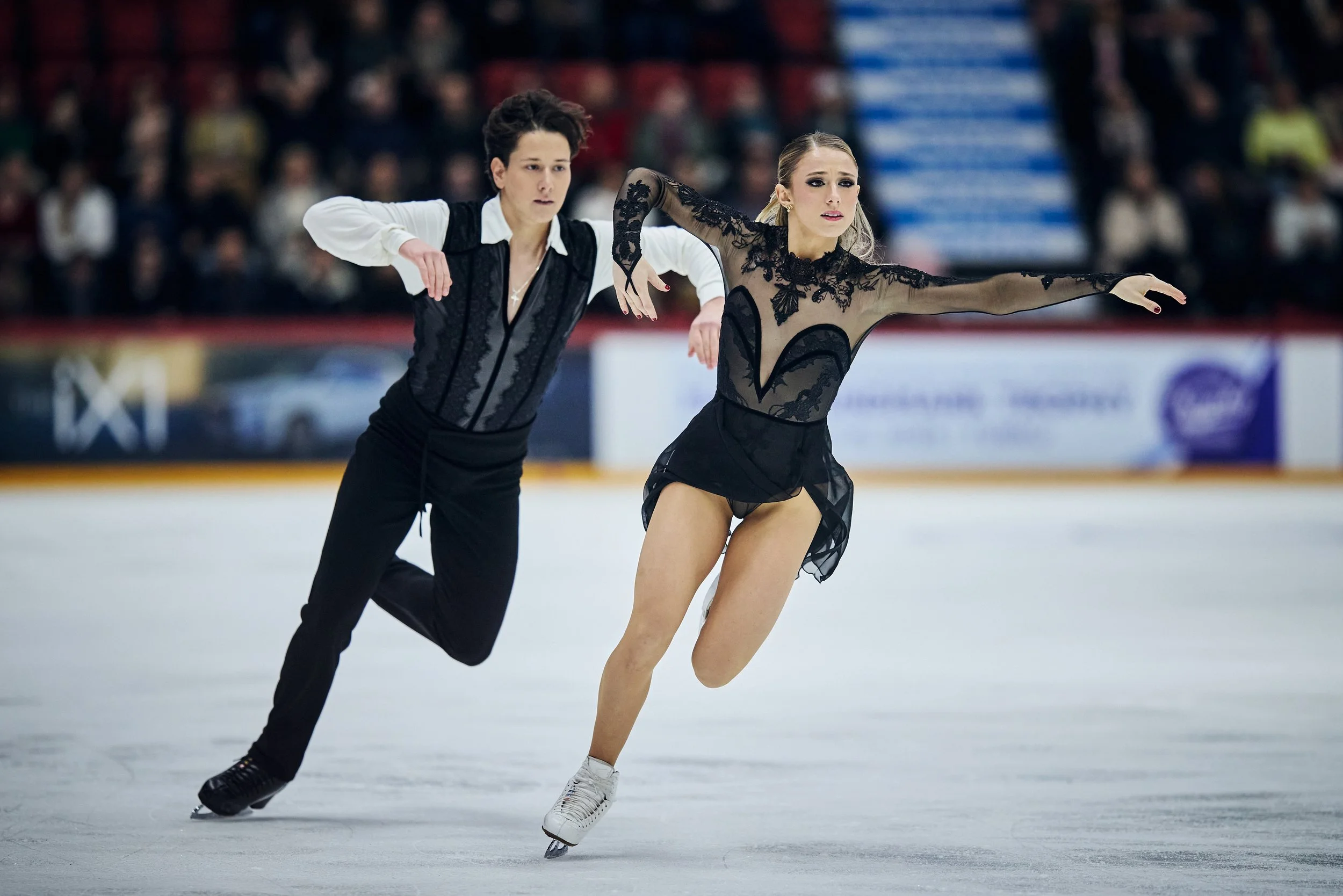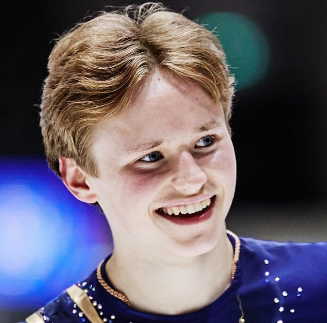Despite twists and turns, U.S. ice dancers Zingas and Kolesnik stay in fast lane
/There are a lot of unexpected plot twists in the story of how Emilea Zingas and Vadym Kolesnik got here.
Not the least of those surprises simply is what “here” means to them this week.
The U.S. ice dancers are in Helsinki, Finland, where they will compete beginning Friday in the Finlandia Trophy event on the Grand Prix circuit, with a chance to make the Grand Prix Final and/or simply build their case for getting one the three U.S. ice dance spots at the 2026 Winter Olympics.
Who would have imagined a convert from singles skating in 2022 and an ice dancer from a war-ravaged city in Ukraine could be a team in this position so quickly?
Read More





